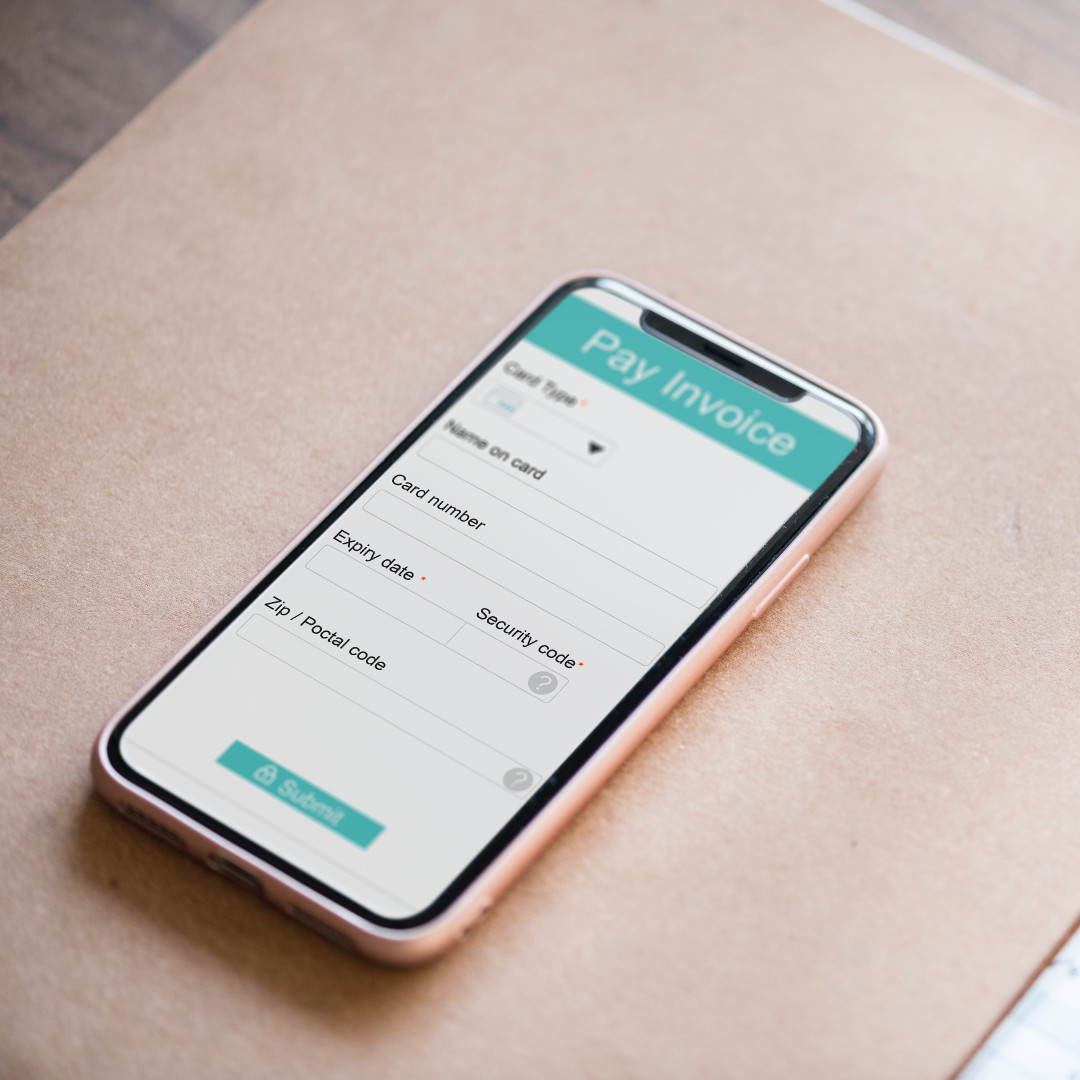Late payments and the damage they can cause to small and medium businesses

For some businesses, delaying the payment of an invoice is a key part of their business model but for small business a late payment can be the difference between surviving and going under.
Because when you run an SME, cashflow is vital to your business – you have to pay suppliers, staff, utilities and your tax bill regardless of whether customers have paid their bills and often there is not enough spare cash to pay these while you wait for an overdue invoice to be settled.
This is just the start.
Many SMEs do not have the resource to waste chasing late payments, a job that can be extremely time consuming and fruitless.
At some stage you have to decide whether to cut your losses and write the job off or to invest in lawyers or bailiffs to help you pursue the debt. A third option may be selling the debt on to a collection agency at a discount but this means you are still taking a hit.
With the UK’s 3.4million sole traders working making up 59% of the nation’s total business population in 2018 it is easy to see that one late payment can have a major knock-on effect along the chain.
Many businesses just cannot afford to wait for payments and in 2016/17 around 357,000 businesses folded. Could these have been saved had larger companies paid their bills?
The Government believes so, and last year it called for evidence to help end the scourge of late payments, claiming it threatens a quarter of the UK’s 5.7m SMEs.
The culture of late payments is one that is embedded in British business culture but ministers recognise that by eradicating this perceived right we could see our economy boom.
The Federation of Small Businesses (FSB) agree and claim that if everyone paid on time the UK economy would benefit to the tune of £2.5 billion each year – and as a result 50,000 firms may survive.
Our team of chartered accountants and business advisors at Jacobs Allen, based in Suffolk, can help you manage your cashflow and tackle the issue of late payments.
Here we share our tips:
1) Plan for all eventualities
One of the first things we recommend when a client is establishing a new business is to plan – draw up a business plan at the outset and review it on a regular basis.
Planning for different scenarios can help ensure your business is flexible and can adjust to changes.
Plan for a worst-case scenario and look at your base-line figures, is your cashflow healthy enough to get you through lean periods?
It is easier to grow your business from a steady foundation so take your time and ensure you are not risking too high a percentage of your profit on growth if there could be a downturn around the corner.
2) Set out your payment terms
By setting down exactly what is included within a quote, agreeing a fee with a customer and being clear over when the balance is due will help reduce the risk of a late payment.
Making it clear that there will be interest to pay on any outstanding funds will also help deter clients from missing a payment deadline.
If you do not specify a deadline for payment, the default is generally assumed to be 30 days from receipt of the invoice. After that point, statutory interest can be charged.
However some purchasers will still ignore this and work to their own terms – particularly larger firms.
In extreme cases firms can delay payment for far longer, so this strategic approach ensures their cashflow is in a healthy position but its effects can be crippling for sole traders and smaller companies.
This is why the Government is keen to crack down on late payments – but for now, it is down to businesses to create their own arrangements.
3) Clear, accurate, and quick invoices
An obvious way to speed up payment is to send the invoice as soon as possible after completing the job or supplying a product.
Make it clear this is an invoice by using a bold font, and remember to reiterate any pre-agreed payment terms and conditions.
Also include a reference number, the name of your business and your contact details.
Be clear in describing what the invoice is for and whether VAT is due – and don’t forget to include details of how payment can be made.
Retain a copy for your records in case you need to chase payment. This should be kept for six years to comply with HMRC requirements.
4) Go digital
Making Tax Digital (MTD) has arrived for VAT-registered businesses and it will soon be applicable to businesses under the £85,000 registration threshold for VAT and those sole traders who complete self-assessment as well.
As well as improving the way tax is collected for the Treasury, it is a way of encouraging businesses to become more efficient and several of the software options currently on the market include a facility to send invoices digitally and the function to receive payment via this user-friendly platform.
Making it as easy as possible for someone to pay you increases your chances of getting the money owed promptly.
With some you can invoice straight from your smart phone before you leave site and customers can transfer the money online immediately.
This software also allows you to keep track of your cashflow and spot any issues before they escalate.
Talk to our team today for further advice.

